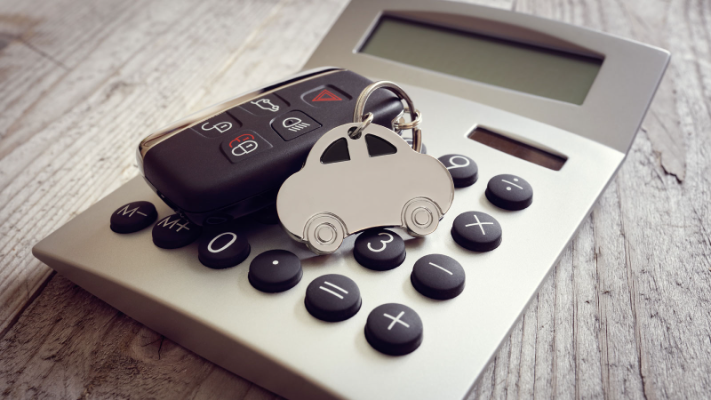Understanding Car Registration Basics
When purchasing a new or used vehicle, registration is a crucial final step that legally connects you to your purchase. Smart buyers factor in registration requirements and costs before finalizing their vehicle choice, as these can significantly impact the total cost of ownership.
First-time car buyers often overlook registration requirements when budgeting for their purchase. Understanding these requirements helps avoid unexpected expenses and ensures a smooth transition from purchase to legal operation of your new vehicle.
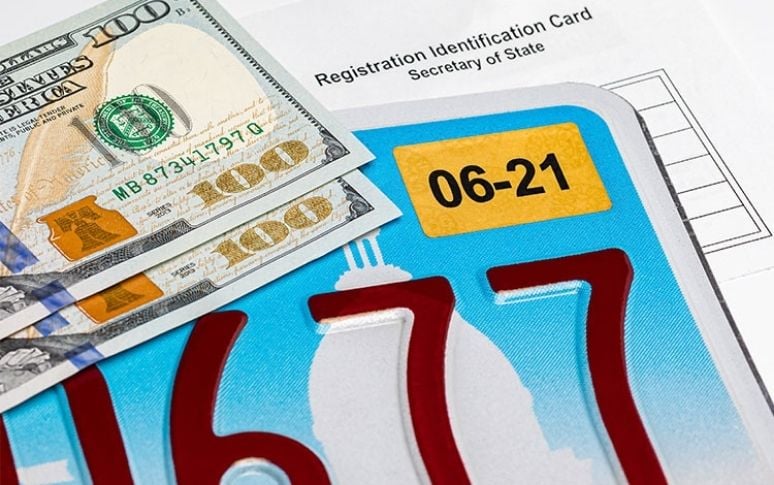
Required Documents for Registration
During the car buying process, gather all necessary registration documents alongside your purchase paperwork. Dealers typically handle registration for new vehicles, but private party purchases require buyers to manage the process themselves.
Create a pre-purchase checklist that includes both buying and registration requirements. This preparation ensures you have everything needed to register your vehicle immediately after purchase, avoiding potential delays or penalties.
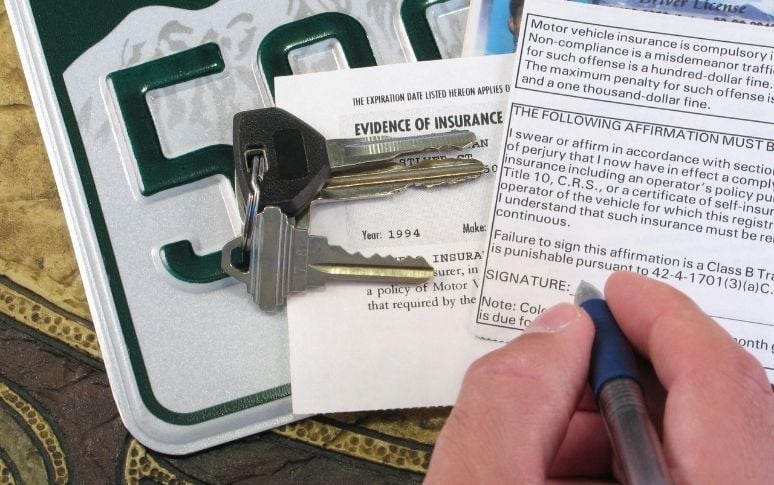
Registration Costs and Fees
Smart car buyers consider registration fees when negotiating purchase prices. In 2025, these fees can range from $20 to over $1,000, depending on the vehicle and location, significantly affecting the total cost of ownership.
Different vehicle types and values incur varying registration costs. Understanding these differences can influence your purchase decision - for example, choosing a slightly older model might result in lower annual registration fees in some states.

Renewal Process and Requirements
When purchasing a vehicle, consider how registration renewal requirements might affect your long-term ownership costs. Some states offer multi-year registration options at the time of purchase, potentially saving money over annual renewals.
New car buyers should understand how warranty coverage, maintenance schedules, and registration renewal timelines align. This knowledge helps create a comprehensive maintenance and compliance schedule for your new vehicle.
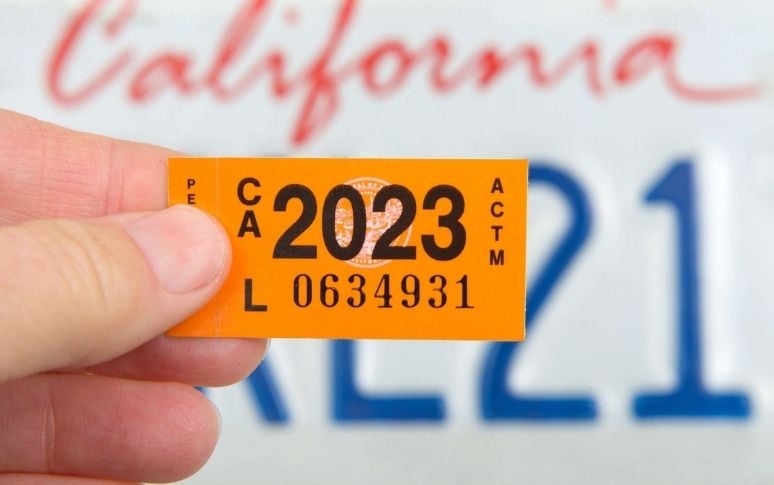
Moving Between States
Buying a car across state lines requires careful attention to registration requirements. Some buyers find better deals in neighboring states but must factor in additional registration costs and potential inspection requirements in their home state.
Research both states' registration requirements before making an out-of-state purchase. Some states have reciprocal agreements that simplify the process, while others may require additional documentation or inspections.

Lost or Damaged Registration
Replacing lost or damaged registration documents is typically straightforward but requires prompt attention. Most states offer online replacement options, though fees usually apply.
You'll need basic vehicle information, including the VIN and license plate number. Some states require additional verification steps for replacement documents to prevent fraud. Keeping digital copies of registration documents can provide backup access when needed.

Special Registration Situations
Certain vehicle types require special registration procedures that should be considered during the purchase process. Classic cars, electric vehicles, and commercial vehicles often have unique requirements and potential tax implications.
Research these special requirements before purchase to avoid surprises. Some vehicles may qualify for reduced fees or special designations that could affect both initial and ongoing registration costs.
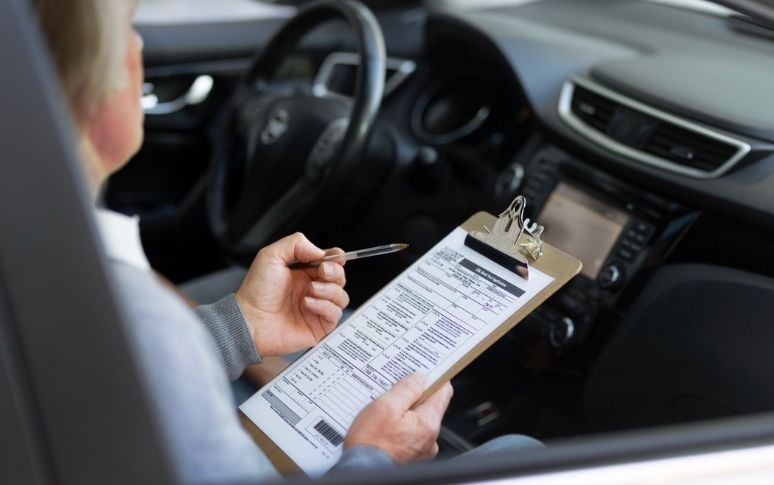
Understanding Documentation During Purchase
When buying a vehicle, you'll encounter various documents, including titles, registration, and licenses. Understanding the relationship between these documents helps ensure a smooth purchase and registration process.
Keep all purchase documentation organized and readily available for registration. This preparation streamlines the process and helps maintain accurate records for future reference or resale.











